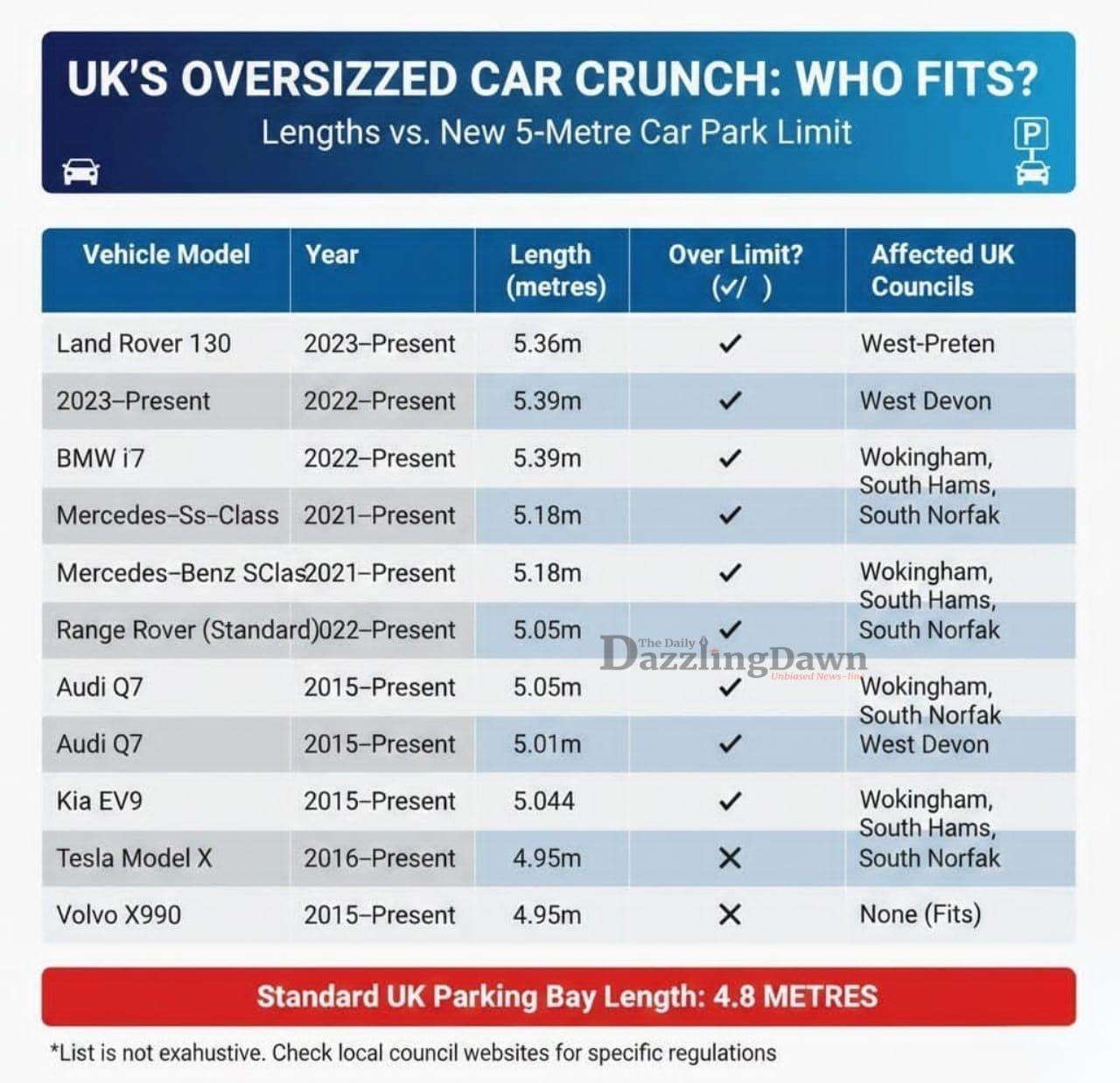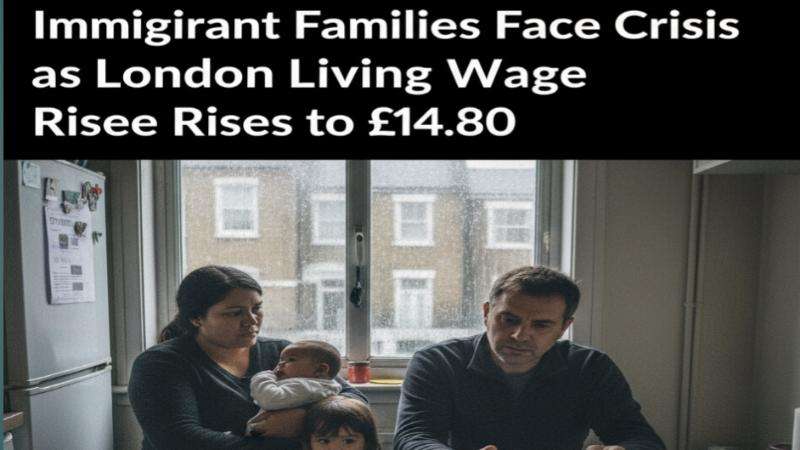The UK taxi and private hire sector, a cornerstone of self-employment and a major professional field for the British South Asian community, is bracing for an unprecedented financial storm. A potential policy shift in the upcoming Autumn Budget, coupled with the rapid advance of autonomous vehicle technology, threatens to destabilise an industry that supports hundreds of thousands of families across the country, Daily Dazzling Dawn realized.
The VAT 'Tax Trap' for Black Cabs
The most immediate financial danger comes from proposals, such as those floated by the Resolution Foundation, to drastically lower the VAT registration threshold from the current £90,000 to £30,000. While intended to level the playing field and boost Treasury revenue, this measure would act as a devastating "tax trap" for licensed Hackney Carriage (black cab) drivers.
For licensed taxi drivers, fares are fixed by local council tariffs and regulated meters. Unlike private hire vehicles (PHVs), traditional black cab drivers cannot legally increase their fares to absorb new costs.
The Financial Hit: If the threshold falls to £30,000, thousands of full-time, self-employed drivers whose annual revenue exceeds this figure would be forced to register for VAT. They would then be liable to pay 20% VAT on every fare.
Unsustainable Income Cut: For a driver with an annual turnover of around £45,000, this VAT liability could amount to an immediate cut of approximately £7,500 from their take-home pay. Once essential running costs—fuel, insurance, maintenance, and licence fees—are accounted for, this reduction would render many operations financially unviable and make working full-time unsustainable.
Slow Bureaucracy: Although councils would eventually be pressed to review and increase tariffs, the revision process is notoriously slow, requiring public consultation and approval, leaving drivers in an acute financial shortfall for a significant period.
Economists argue that even a simple freeze of the current £90,000 threshold, combined with inflation, would gradually pull more drivers into the VAT net over time. However, a sharp reduction to £30,000 would rapidly accelerate this process, leading to a crisis of driver retention and discouraging new entrants into the trade.
A Livelihood for South Asian Communities
The impact of this potential tax hike would be disproportionately felt by the British Bangladeshi, British Pakistani, and wider South Asian and Muslim communities. The taxi and private hire sector has, for decades, provided a crucial, accessible pathway to self-employment and economic stability for these groups.
Official government statistics show that in 2024, there were over 381,000 licensed taxi and private hire drivers in England alone. Considering immediate family members and dependents, it is estimated that well over half a million people in the UK depend on the stability of the taxi sector for their daily living. A significant financial shock to this industry directly threatens the economic welfare of this huge demographic.
The Autonomous Threat on the Horizon
Compounding the VAT crisis is the looming technological threat of driverless taxis (robotaxis). While this has been a distant prospect, the timeline for deployment is rapidly accelerating.
Pilot Programmes Imminent: Following the passage of the Automated Vehicles Act, commercial trials of fully autonomous services without a safety driver are now expected to begin in major UK cities, including London, as early as Spring 2026—just months away.
Widespread Rollout: Full regulatory approval for widespread deployment of self-driving taxis is anticipated in the second half of 2027. This transition is expected to deliver a profound, long-term shock to driver employment, potentially making the current VAT debate moot for thousands of cabbies within a few years.
The combination of an immediate, unrecoverable tax cut through a lower VAT threshold, and the near-term structural threat from robotaxis, places the UK taxi sector in an existential crisis. For the hundreds of thousands of British South Asian families reliant on this trade, the upcoming Autumn Budget represents a moment of acute anxiety.







_2.jpg)
.svg)


_1.jpg)